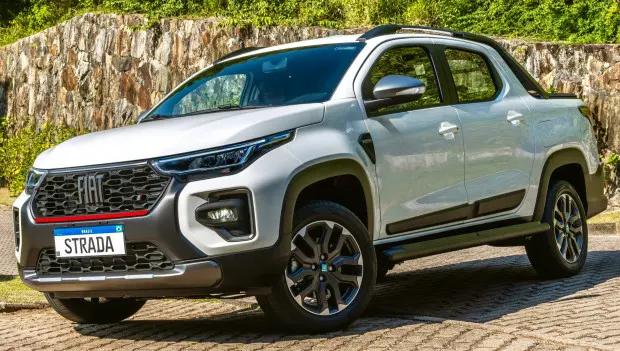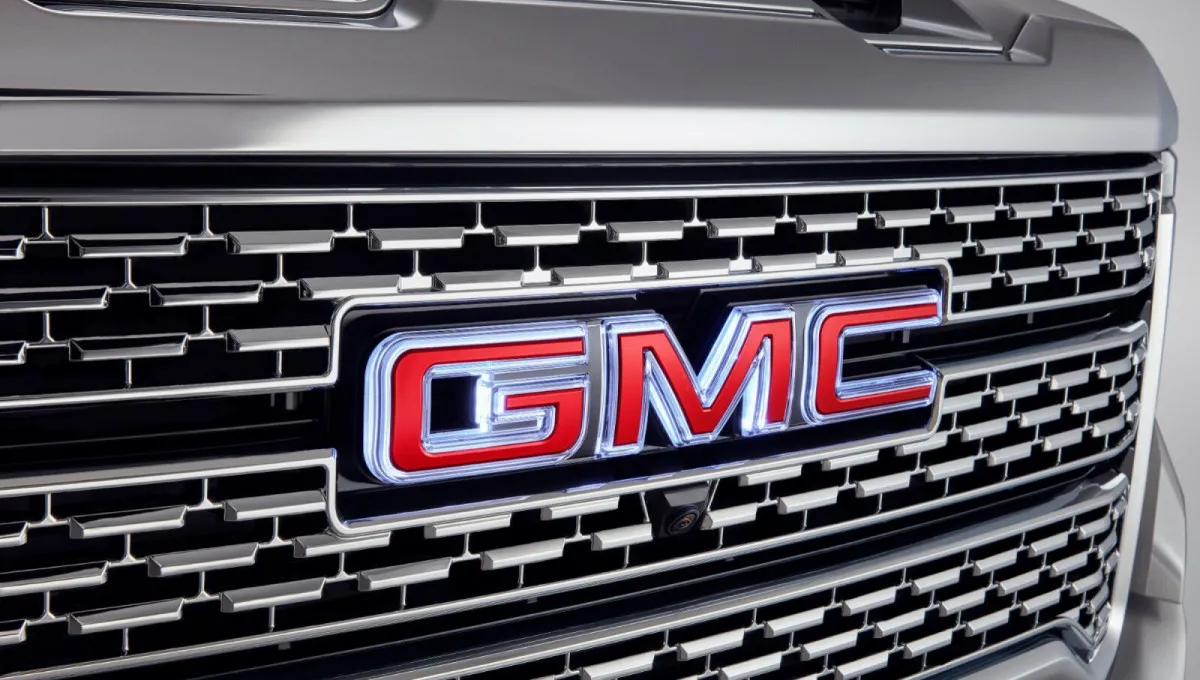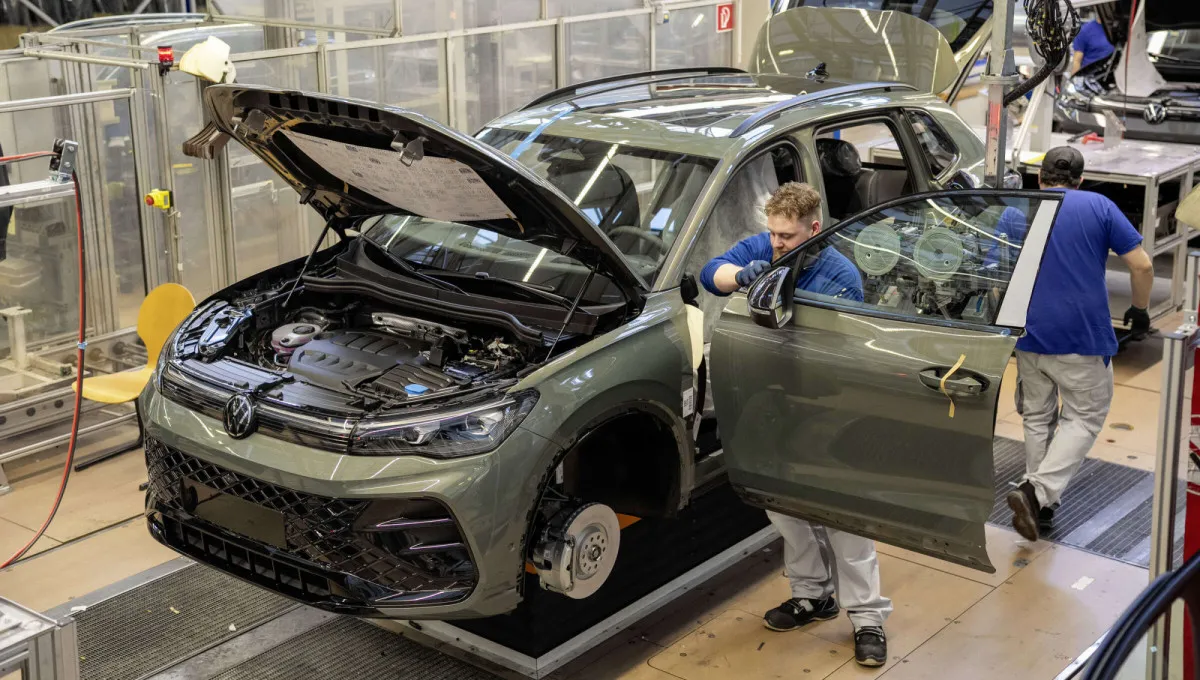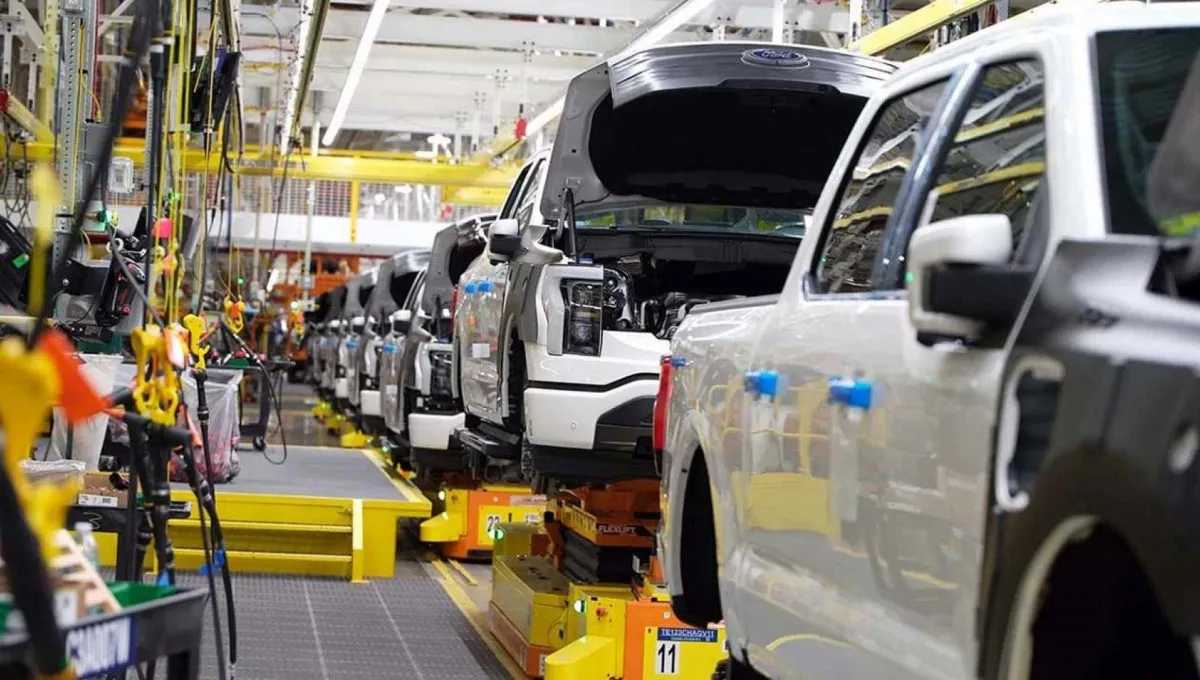Brazil's Car Market Grew by 5% in the First Half, but Not for Nissan
The Brazilian car market continues to grow due to mass demand and the arrival of Chinese brands, but not all companies benefit from this trend.

The COVID-19 pandemic in 2020 dealt a serious blow to Brazil's economy, immediately impacting the car market. For the first time in ten years, passenger car sales did not reach 2 million units. However, by 2021, the country began to recover — GDP grew by 5%, but the car market responded more slowly. In 2022, sales growth was only 0.9% due to high inflation and low demand.
The turning point came in 2023. Despite analysts' concerns, Brazilians became more active in buying cars. Sales reached 2.18 million units, adding 11.3% to the figures of 2022. The trend continued in 2024: the market grew by 13.9%, almost returning to pre-pandemic volumes.
The first half of 2025 confirmed stable growth — 1.13 million cars were sold, 5% more than in the same period last year. Fiat remains the leader with a share of 21.4%. Volkswagen (16.5%) and Chevrolet (10.6%) retain second and third places.
Among the top 10 brands, BYD is growing the fastest (+46.5%), while Nissan showed the worst result (-16.7%). In the model ranking, Fiat Strada holds the lead, followed by Volkswagen Polo.
It is worth noting the electric vehicle boom. Since 2023, their sales have sharply increased, and in 2024, Chinese manufacturers, including BYD and Chery, began localizing production in Brazil. This strengthened the country's position as a key hub for electric vehicles in South America.
In the first six months of 2025, the EV segment grew by 17%, reaching a record high. It accounts for about 6% of the total market. BYD confidently leads, while Volvo and Great Wall take second and third places.
You may also be interested in the news:

Gotion’s Jinshi Batteries Promise 620 Miles of Range and 10-Minute Charging
Gotion High-Tech launches a 2 GWh solid-state battery production line.

Six of the Most Resale-Friendly Non-American Crossovers Popular on the U.S. Market
The crossovers with the strongest resale value in today’s American market.

General Motors Bets Big on Pickups With Millions in New Investment
Bigger, newer, and more powerful: General Motors is ramping up investment in pickup truck production. Here’s what we know so far about the company’s plans.

Volkswagen Group May Continue Job Cuts: Press Office Hints at Impact of U.S. Tariffs
Details of the new cost-cutting strategy have not yet been disclosed.

Ford Motor Company CEO Proposes Letting Chinese Automakers Enter the U.S. Market
In a surprising shift, Chinese carmakers could be allowed into the U.S. auto market.